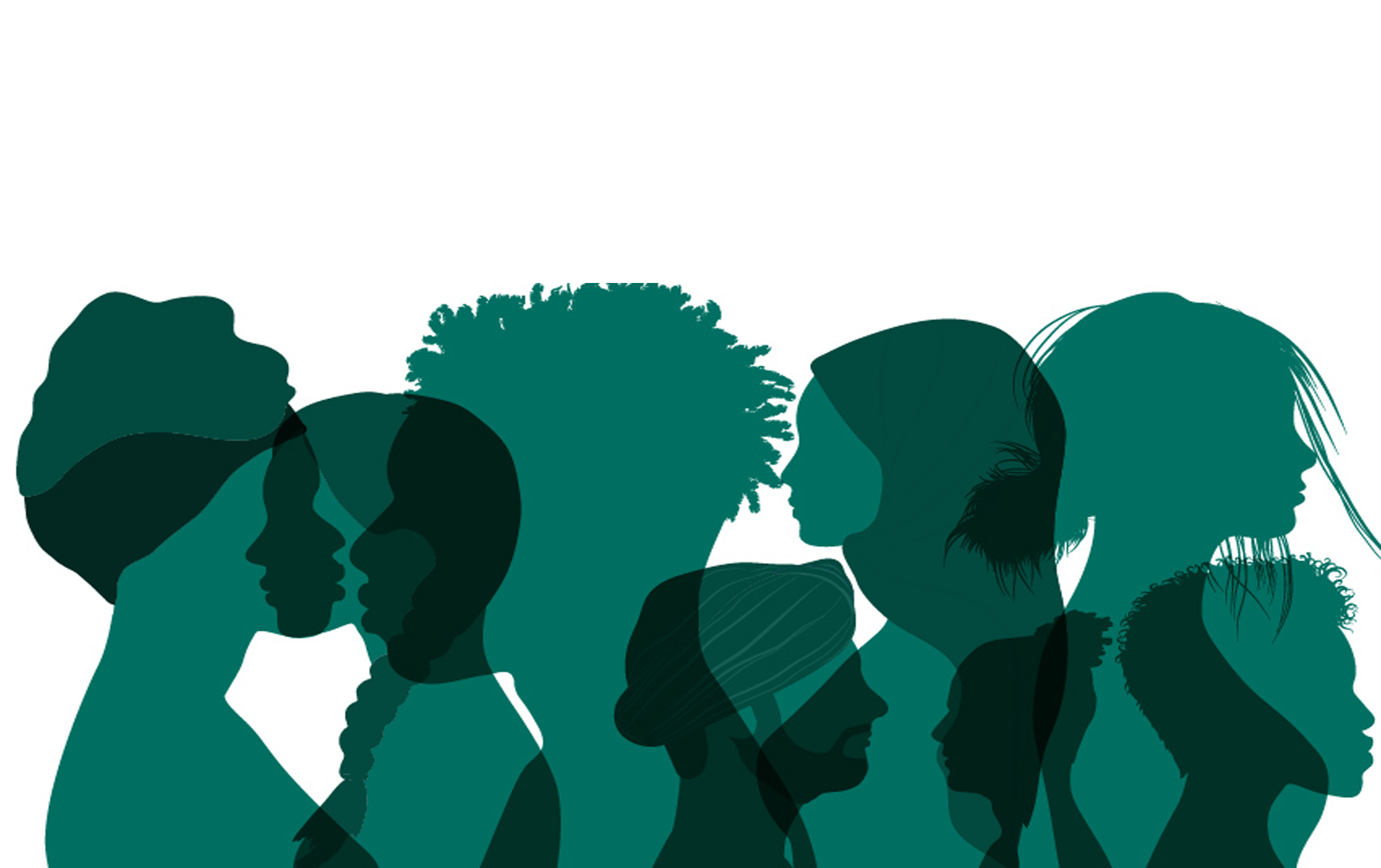What did you do to create inclusive practice and how did you do it?
This work centres on initial teacher education (ITE) at York St John (YSJ) University, in my professional identity as a teacher educator. My experience of working in state comprehensive secondary schools in Nottingham, Bristol and Norwich for ten years (1995–2006) also informs this research. Since 2006, I have been working in Higher Education with student teachers and, more recently, on the themes of diversity, inclusion and anti-racism in education. As a secondary school teacher, I noticed that pupils became far more engaged when learning about the historical and cross-cultural roots of mathematics. I therefore embed these themes in ITE sessions with undergraduate primary and postgraduate secondary student teachers at YSJ.
Over the last two years, both primary and secondary ITE students at YSJ have been involved in inclusive education conferences with a wide range of speakers (some internal and some external to the university). These and follow-up workshops have generated much positive feedback, with students now engaging and presenting their own research on the themes of diversity and inclusion. In both 2021 and 2022, the YSJ Teacher Education Diversity and Inclusion conference aimed to bring together a wider audience in terms of students, partnership schools (teachers and children), creative artists and academics from different universities to engage in knowledge exchange and sharing of good practice
Why did you implement your example of inclusive practice?
The murder of George Floyd highlighted the depths of institutional racism, with global impact in the form of demonstrations, marches and protests from people of diverse backgrounds, demanding fairer systems and justice. Questions we consider include: ‘What may children feel about these issues?’; ‘What are the needs of our student teachers in relation these matters?’; ‘What opportunities are there to engage, in terms of curriculum content and pedagogy, on these issues, with partnership schools?’ Conversations surrounding anti-racist and decolonial practice were the theme of a workshop at YSJ on 17 February 21, with staff and students attending from across the university departments and schools. This flipped session included music, poetry, accounts of lived experience and contributions from students and staff, along with a guest speaker. A Padlet of ideas and materials was created for any member of the Teams group to access and add to after the event. Colleagues within the Initial Teacher Education team continued these conversations and created a second Padlet to which colleagues could contribute and also share ideas with student teachers and with partnership colleagues.
What was the impact of your case study?
Following the Diversity and Inclusion conference in 2021, our primary undergraduate student teachers provided overwhelmingly positive feedback, with one student commenting: ‘This is showing me that I’m definitely not doing enough! I don’t think diversity is really addressed in my lesson plans at all.’ We have found that, although York has a predominantly white demographic, our students demand more work on these themes, especially to inform their own classroom practice in placement schools. A similar conference with secondary postgraduate student teachers was followed by a workshop where students worked in groups to create lessons plans. Participants noted that this session had given them ‘loads to think about’ and was ‘packed full with excellent resources’. The student feedback also highlighted the importance of extending the audience to beyond our university, to include schools, primary and secondary pupils and teachers, creative artists, community groups and academics from a variety of universities. This feedback was implemented in a conference day that took place on 20 June 2022, with the support of the Institute for Social Justice at YSJ. Contributions from speakers can be found on the ITE blog: . We have also shared this resource with current students and school colleagues, one of whom highlighted the power of ‘children sharing their learning – they were brilliant, and really highlighted why we do what we do!’
What were the lessons learned?
This research topic is important since our work with primary and secondary school teachers in Yorkshire highlights gaps in knowledge in relation to anti-racist and decolonial practice in primary, secondary and tertiary education. Through other opportunities for knowledge exchange, the partnership school colleagues who work with our student teachers on placement have expressed the need to access this material, ideas and resources to inform their work with children. Addressing the gaps in the national curriculum on these themes is about moving forward in sharing this good practice in making our schools, teaching and learning spaces fairer and more just.
